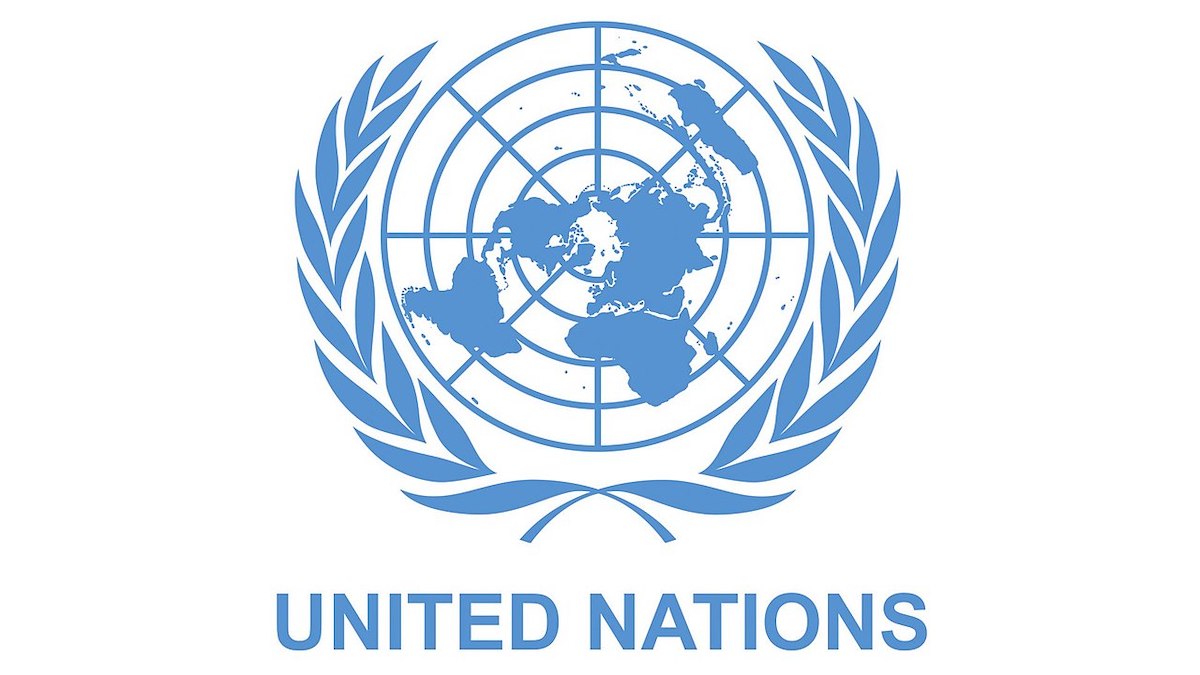A very good read from a respected source!
AXIOS. Scoop: U.S. is leading “AI for good” push at UN
Ryan Heath , author of Axios AI+
The United States is leading a new diplomatic push at the United Nations to mobilize all governments to support “AI for good and for all,” U.S. Ambassador Linda Thomas-Greenfield tells Axios.
Why it matters: Despite the need for new tools to tackle urgent problems like climate change, the richest and most powerful governments that back international responsible-AI initiatives have steered away from the deeply divided UN as an AI forum — until now.
The big picture: The U.S. wants the UN to explicitly affirm that AI will be deployed consistent with the UN’s founding documents — the U.N. Charter, which aims to rid the world of war, and the Universal Declaration of Human Rights.
- Those pushing for the resolution see it as a way to get all countries to recommit to those founding documents in the context of AI, which is already being pressed into military service by governments around the world and also deployed in ways that violate human rights.
What’s happening: The U.S. circulated a draft General Assembly resolution Wednesday, obtained by Axios, with the “crazily ambitious” goal of winning the support of all the UN’s 193 member countries, per Thomas-Greenfield.
- American diplomats have been “working across the board,” Thomas-Greenfield said, with early supporters ranging from Kenya to Chile and EU countries.
- Thomas-Greenfield said she has “directly engaged” with the Chinese ambassador Zhang Jun and is hopeful Beijing will support the text.
Between the lines: U.S. diplomats say they chose to take the proposal to the full UN General Assembly, rather than the more selective Security Council, in order to involve nations beyond the major powers
Details: The strongly-worded resolution condemns any misuse of AI which undermines peace and human rights, and says this applies through the entire “life cycle” of an AI system.
- The resolution commits UN member countries to promote “responsible and inclusive design, development, deployment, and use” of AI towards global challenges such as ending hunger and providing clean and affordable energy and quality education to all people.
- Governments would be bound to support “multi stakeholder” governance of AI, including enabling third-party feedback on AI systems and their safety and cybersecurity vulnerabilities, and providing “human decision-making alternatives for those adversely impacted” by a given AI system.
- Both big tech companies and rich-country governments are encouraged to fund AI development in the Global South.
Zoom out: Global governance of powerful AI is a popular idea among the general public and AI experts.
- The U.K. government hosted the world’s first AI safety summit Nov. 1-2 — winning commitments from governments and companies for pre-deployment testing of the world’s most powerful AI systems
- As American diplomats worked the phones in recent days, UN Secretary General António Guterres convened a 37-person Advisory Body on AI, which includes OpenAI’s Mira Murati (who briefly served as the company’s interim CEO last month). The group will hand Guterres a report by year’s end.
What we’re watching: The overwhelmed U.N. General Assembly may have trouble fast-tracking a vote on the resolution, and China’s stance will be a key tell.
- Beijing has an interest in ensuring access to AI across the Global South, where it has many investments. “We’re hoping that China will continue to be a positive player,” Thomas-Greenfield said.
What they’re saying: The resolution is “just the start” of a broader effort to deploy UN and government resources in order to use AI to address major global challenges, Thomas-Greenfield said.
- As the “leading producers of AI systems, we feel like we have a special obligation to lead on this topic,” she said.
Of note: Thomas-Greenfield said her team is using AI to track subtle diplomatic efforts to add language preferred by authoritarian governments to UN proposals.
- “We have dozens of people reading these documents all night long. With AI, we can do it in minutes,” spotting “where we might have some difficulties with propaganda” from other countries, she said.
Yes, but: The U.S. has work to do. This week American diplomats have been stuck in a tiny minority at the UN General Assembly, as the body overwhelmingly voted Tuesday to call for an immediate ceasefire in Gaza.
Flashback: The UN was founded in San Francisco — now the global capital of AI innovation — in 1945.


